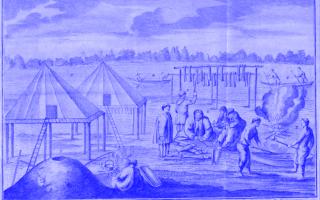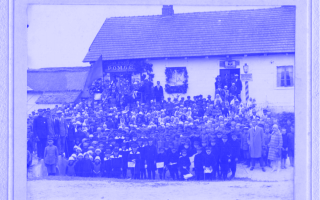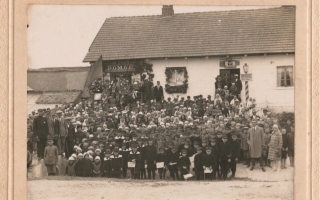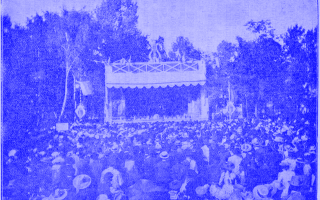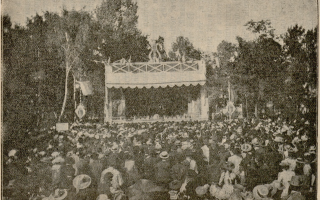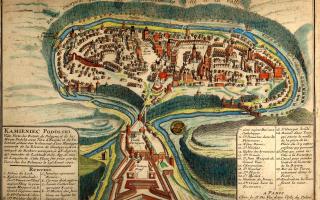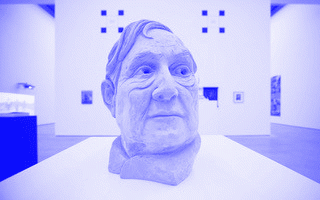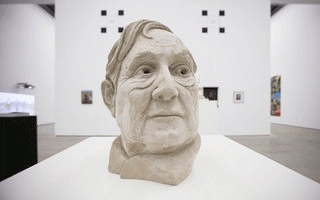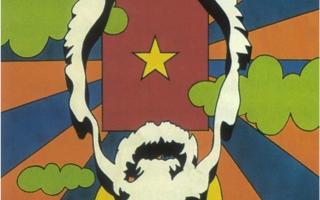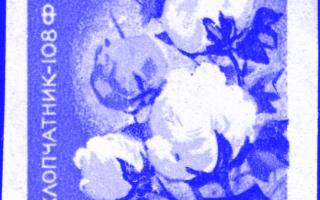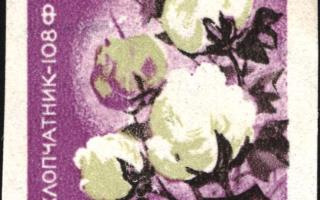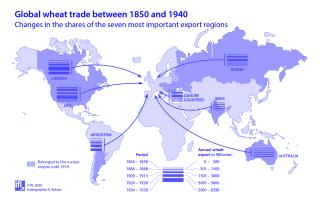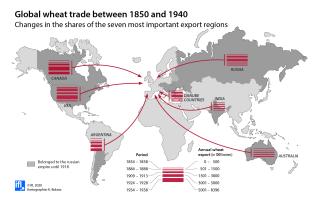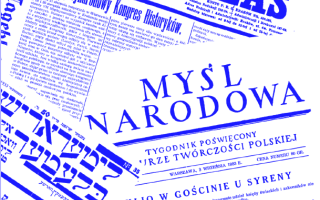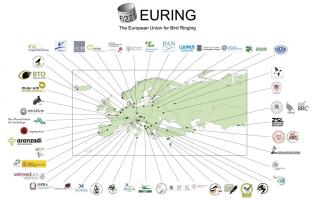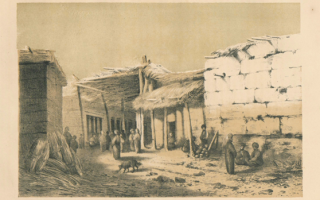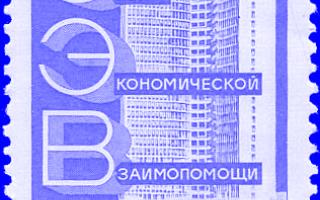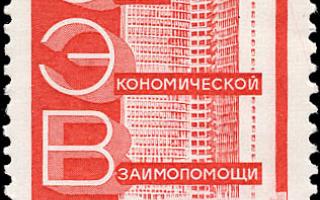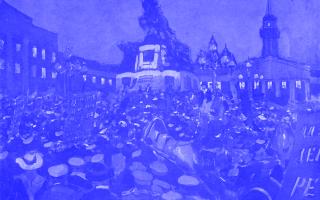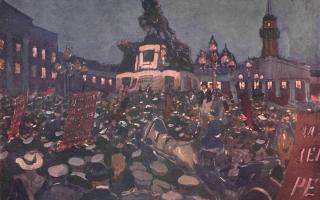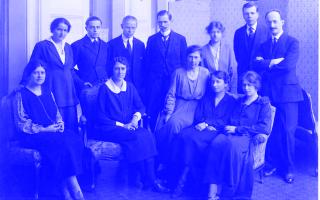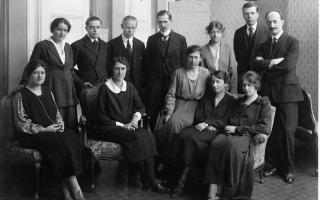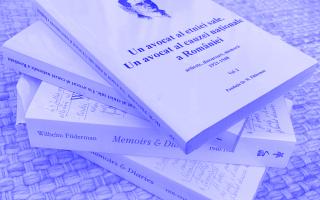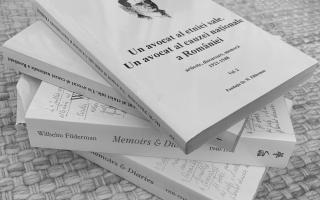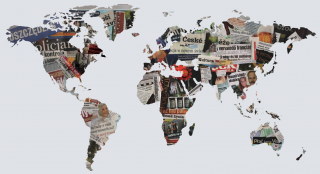
Department
Entanglements and Globalisation
This department's research aims to explain historical processes of entanglement — some reverberating into the present — in economics, politics, culture, academia and the law. On the one hand, its focus lies on social change in Eastern Europe tied to trans-local, transnational and transregional transfers of peoples, ideas and goods; on the other, it studies Eastern Europe as a world region positioned along global West-East and North-South lines.
Its economic, political, cultural, academic and legal historical studies relate closely to the GWZO’s overarching themes and are situated at the intersection of regional history, modern global history, comparative area studies and historical cultural studies. They share a focus on Eastern Europe’s contribution to supra-regional interconnections since the Early Modern Period as well as the region’s role and position in processes of globalisation.
The department critically interrogates interpretations that characterise Eastern Europe as diverging from the »normal path« of global development, as being regressive, peripheral or imitative of overwhelmingly Western models. With its interdisciplinary approaches, its international team actively contributes to the development of new categories, methods and theories in the rapidly expanding field of transregional research.
The department is headed by Prof. Dr. Frank Hadler.

